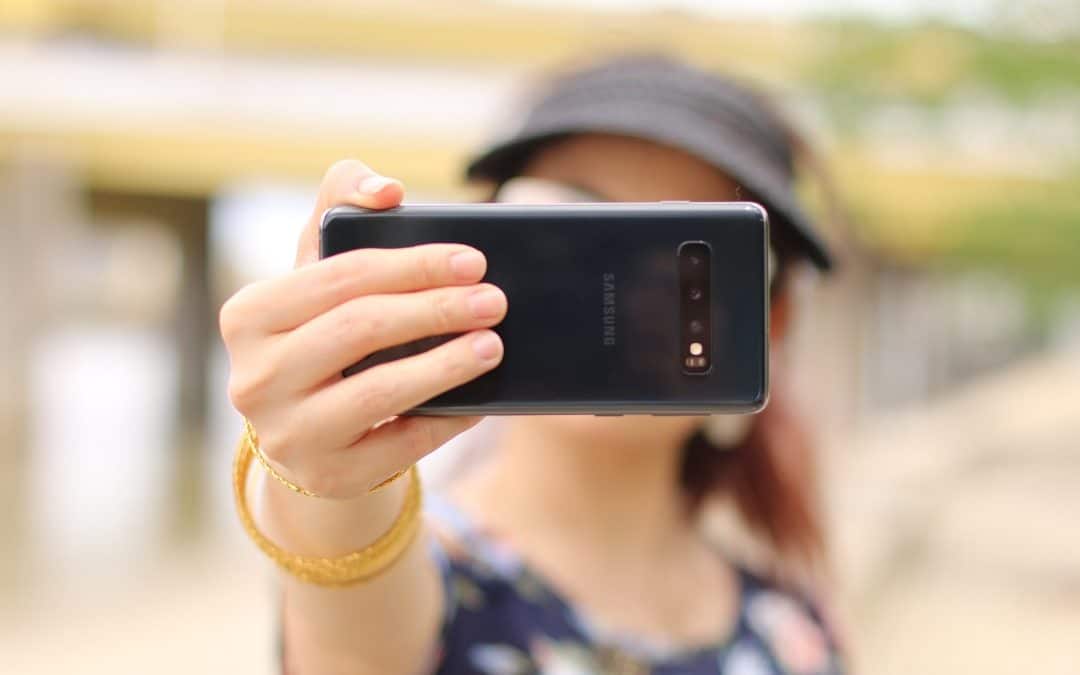Email, social media, shopping, gaming, banking… almost everything about our lives can and does happen online these days. Without realizing who may have access to our information, we type in our address, our phone number, credit cards, and more. As we know, not everyone who uses the internet is kind and well-intentioned. Some are scouring sites to buy personal information – this is called identity theft. Even if you threw all your devices in the river and moved off the grid today, information from years past can still be accessed if someone knows where to look. The reality of life is, you’re probably going to keep your phone, your tablet, and your laptop. So to that end, let’s look at some ways that you can be sure your personal information stays protected as you log in to your favorite websites.
Have You Googled Yourself?
A simple and easy way to see what others can see about you is to Google search yourself. This will give you an idea of how much of your information is publicly available. You may find more or less than you think. Remember, sometimes info is cross-referenced across platforms. For example, many people don’t realize that if someone has your phone number, they can type it into Facebook and find your account; and again, not everyone who finds you on Facebook is there to be your friend!
As with most other things in life, awareness is the first and most important step. BE MINDFUL of how much information you share on social media. These platforms can be very deceiving, in that they look to be the electronic version of just sharing life with friends. While it may seem harmless enough, sharing where you went to school, your relationship status, your birthdate, and personal photos can quickly give someone more access to your life than you may intend. It can be easy to overlook, but realize that when you announce your vacation, you’re telling the world that you’re not at home, and burglars may feel very welcome.
If someone gets a good personal overview of you from Facebook and then searches for you on LinkedIn, they now know your employment history and who you’re connected with professionally. It’s amazing how quickly someone can get a complete picture of your life that you may not want them to have!
Monitor Your Credit
So now that you’re mindful and aware – what else can you do to protect yourself online? If you’ve shared more personal information than you realized, don’t worry – you can be proactive going forward! Monitoring your credit is a great place to start. Companies like Experian provide free annual reports and also offer identity theft protection. We encourage you to research various credit and identity theft monitoring services to determine which one works for you.
If this information is new to you, consider these steps as new tools in your toolbox for online safety. As we mentioned in our previous post, always be diligent about safe online practices – use a VPN and take care if you must connect to a public network. Taking small steps and having some key safeguards in place can yield great rewards in protecting your identity and personal information!


